I am using this regex to catch the "e"s at the end of a string.
e\b|e[!?.:;]
It works but the thing I don't understand, when this encounters an input like
"space."
It only takes the "e", not including the "." but the regex has [!?.:;], which suggests it should capture the dot also.
If I remove the e\b| in the beginning, it captures the dot too. This is no problem for me because I was already trying to capture the letter only, however, I need this behavior to be explained.
